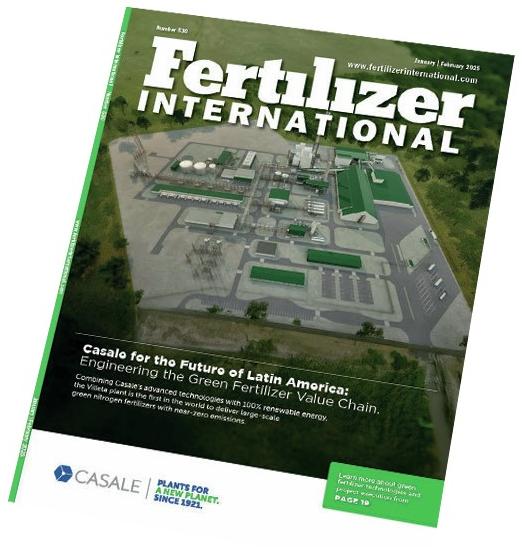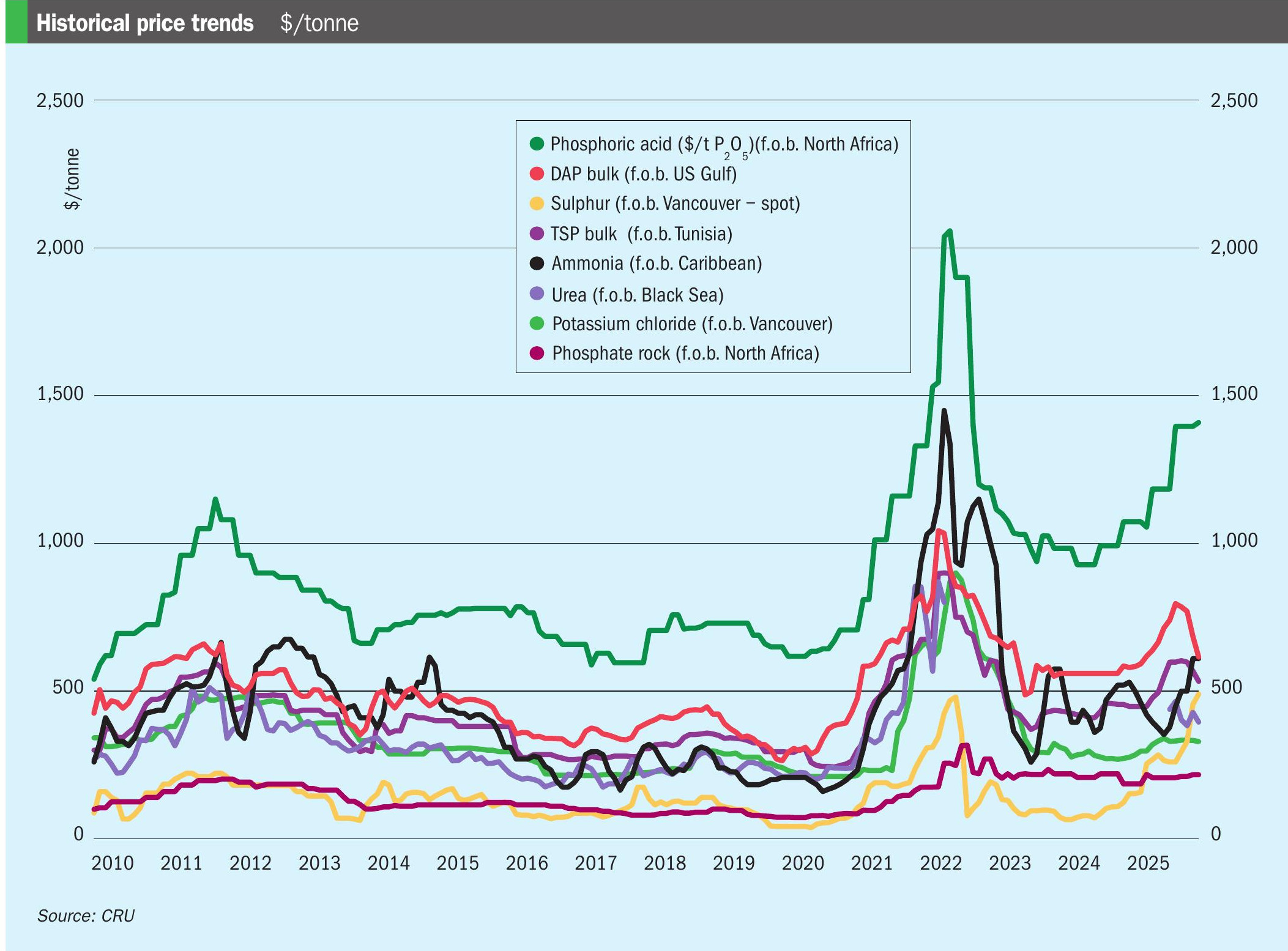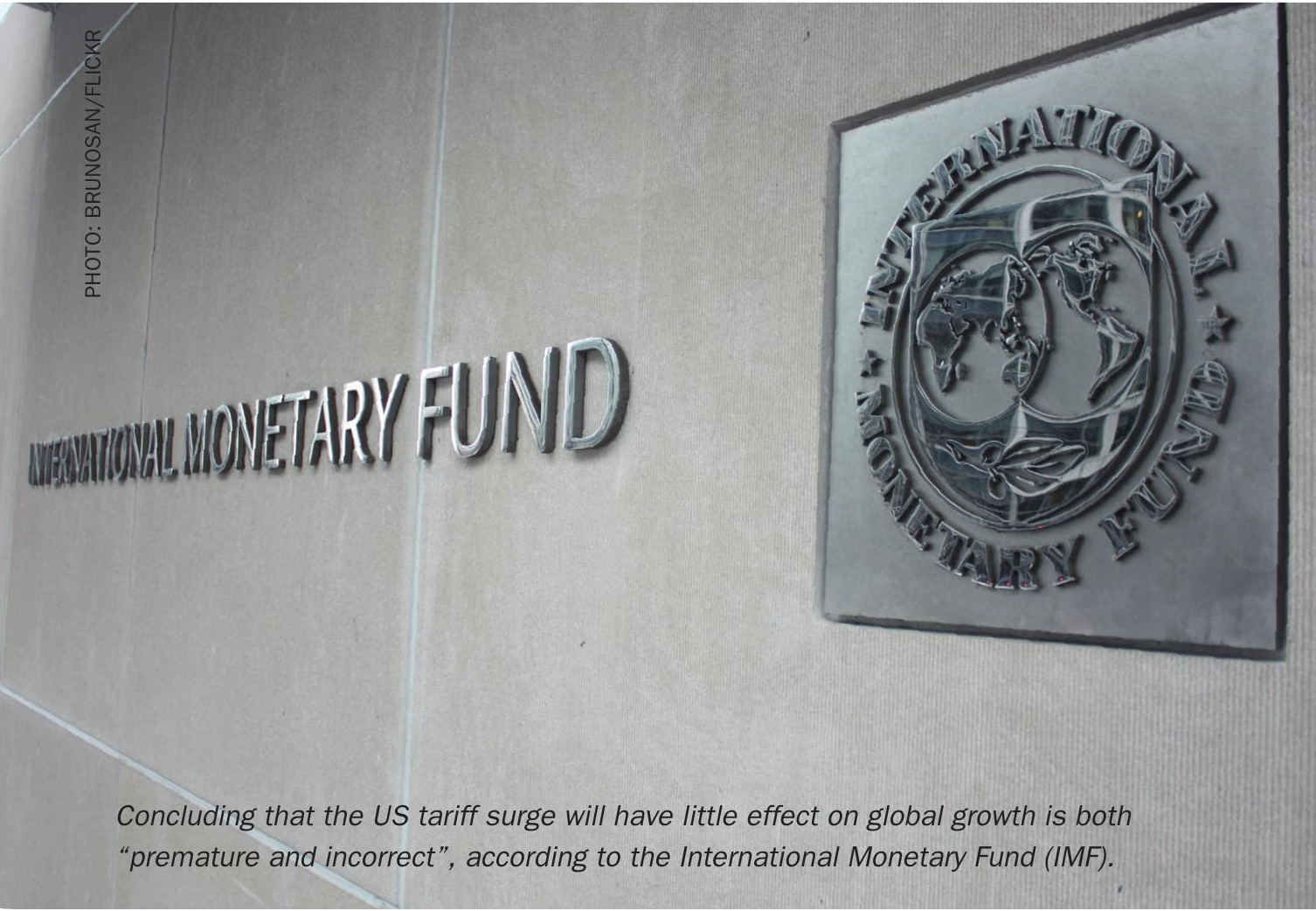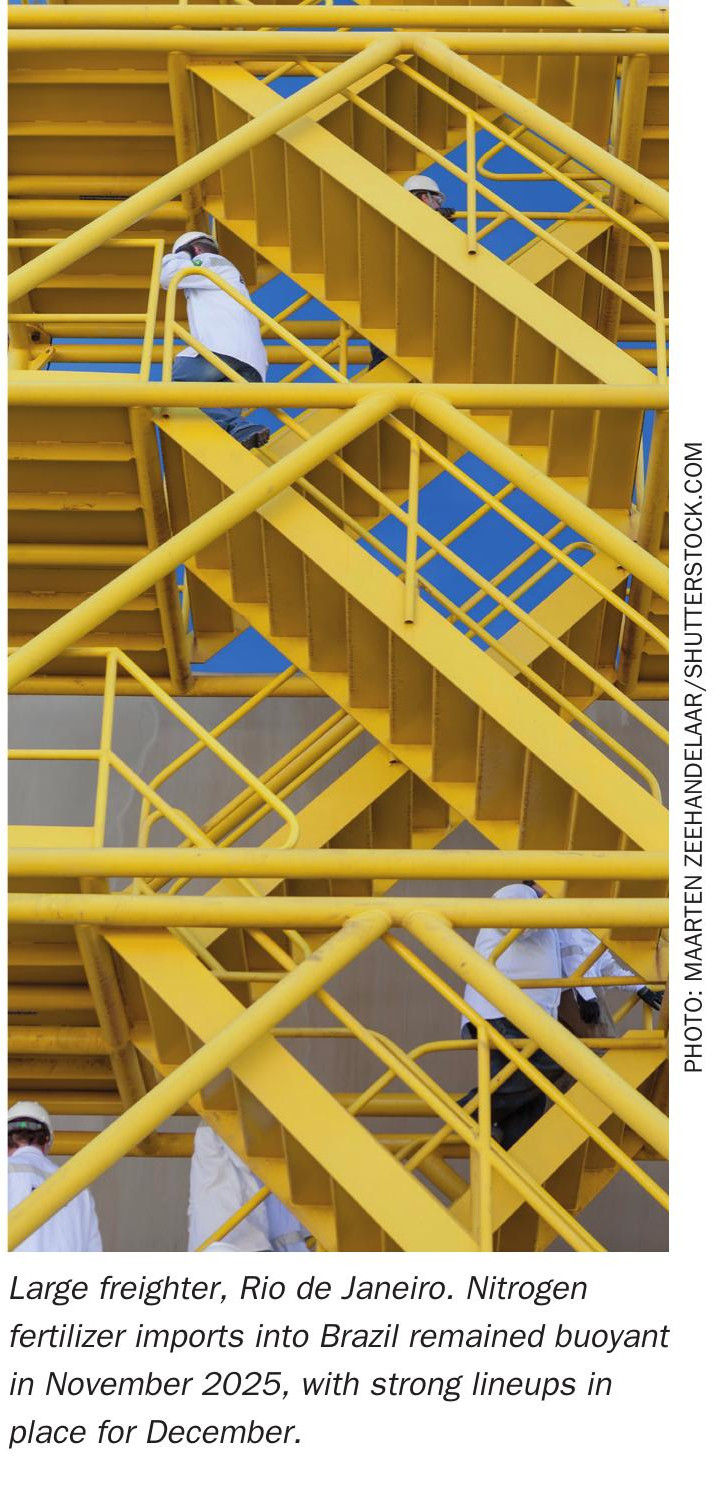Sulphur 418 May-Jun 2025

3 May 2025
Uhde gasification selected for biomass-to-SAF project in France
thyssenkrupp Uhde’s BioTfueL® technology has been selected for the BioTJet project by Elyse Energy and its partners (Axens, Avril, IFPEN). This project will produce sustainable aviation fuel (SAF) from end-of-life wood waste and local forestry residues. together with the addition of green hydrogen. By 2029, BioTJet will supply sustainable aviation fuel to reduce carbon intensity in air transport, and e-bio-naphtha for road transport and bio-sourced chemistry. Axens signed a license agreement for BioTfueL® technology in 2024, which includes PRENFLO® gasification technology from thyssenkrupp Uhde and GASEL® Fischer-Tropsch and upgrading technology from Axens. PRENFLO® gasification technology is part of thyssenkrupp’s Decarbon Technologies portfolio and will contribute to the sustainable production of biomass-based synthetic products, including methanol, hydrogen, and SAF.
Basic engineering on the project was completed in November 2024 and the project is currently in the detailed engineering phase. Aviation fuels are required by the ReFuelEU Aviation regulations to have a 2% sustainable quota in 2025 and to include 70% SAF in all EU airports from 2050.
Pascal Penicaud, president of Elyse Energy said: “After thoroughly examining the available and bankable technologies, we are now more convinced than ever that we have made the right choice for our project with the E-BioTfueL concept and the technology partners involved to provide cost-competitive SAF and naphtha to the market by 2030 and contribute to address climate change.”
Nadja Håkansson, CEO of thyssenkrupp Uhde added: “We are proud to see how the E-BioTfueL concept – which includes our advanced PRENFLO® technology – has now turned into a first commercial biomass-to-SAF application in the European Community. The collaboration with our French partners underscores our commitment to driving the green transformation and delivering sustainable value to our customers and stakeholders.”






